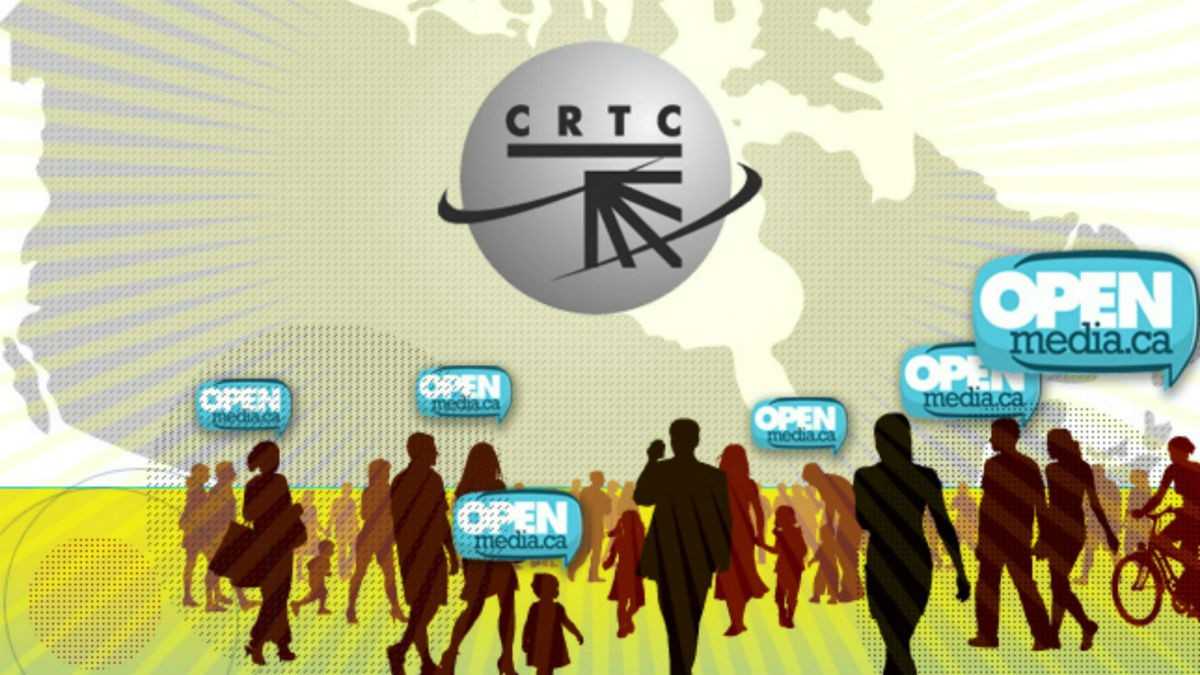Today, the Canadian Radio-television and Telecommunications Commission (CRTC) signed a memorandum of understanding with the United Kingdom’s Information Commissioner’s Office (ICO) to combat commercial electronic messages and unwanted telemarketing calls.
This partnership will promote close cooperation and a coordinated approach in the enforcement of spam and telemarketing laws in both jurisdictions to limit the amount of unwanted emails and nuisance calls received by Canadian and UK residents.
As part of the agreement, both agencies agree to share information and provide investigative support, upon request, and in accordance with the law. The memorandum of understanding provides for research and education opportunities, as well as staff exchanges and joint training initiatives for both parties.
The Information Commissioner’s Office is the United Kingdom’s independent authority mandated to protect the public’s right to information, and promote openness in public organizations and data privacy for individuals.
Judith A. LaRocque, Chairperson and CEO of the CRTC commented,
“Today the CRTC is taking another step to boost its international engagement and its efforts to combat the threat posed by spam and unsolicited calls to citizens of Canada and the United Kingdom. This partnership we have formed with the United Kingdom’s Information Commissioner’s Office further enhances our expertise and ability to ensure that applicable laws are respected.”
The CRTC has entered into similar bilateral agreements with the United States Federal Trade Commission, the United States Federal Communications Commission, the New Zealand Department of Internal Affairs and the Australian Communications and Media Authority.
In June 2016, the CRTC along with eleven other international agencies entered into an agreement to fight both unlawful spam and unsolicited telecommunications. All eleven countries are members of the Unsolicited Communications Enforcement Network whose mandate is to facilitate and support cross border investigations.
Canada’s anti-spam legislation prohibits the sending of commercial electronic messages without the consent of the recipient, as well as online threats (e.g. phishing, malware and botnets).
Under the CRTC’s Unsolicited Telecommunications Rules, telemarketers must meet certain requirements when making robocalls and are not permitted to call Canadians whose telephone number is registered on the National Do-Not-Call List.



